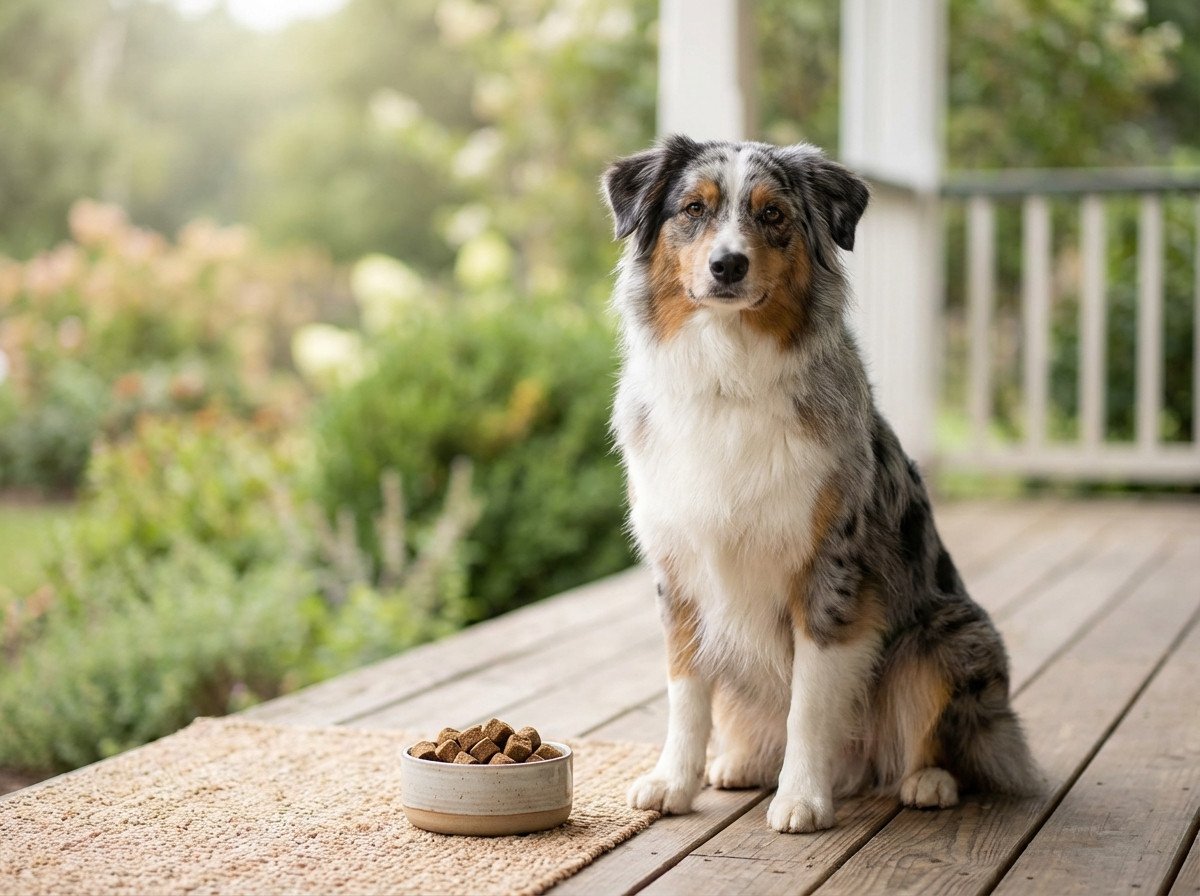Many pet owners wonder whether their dog actually needs supplements or if a balanced diet covers all the bases. The truth is, dog supplements can play a valuable role in supporting joint health, digestion, skin condition, and overall vitality — but not every dog needs every supplement. Understanding when and why to add supplements to your dog's routine can help you make smarter choices for their long-term wellbeing.
When Dogs Actually Need Supplements
If your dog eats a nutritionally complete commercial diet, they may already be getting many essential vitamins and minerals. However, "complete" doesn't always mean "optimal," especially for dogs with specific health concerns or life-stage demands.
Puppies, senior dogs, highly active breeds, and dogs recovering from illness or surgery often have nutritional needs that go beyond what standard food provides. Large-breed dogs, for example, may benefit from joint-support supplements well before any mobility issues appear.
Dogs on home-cooked or raw diets are particularly likely to have nutritional gaps. Without careful formulation, these diets can fall short on key nutrients like calcium, zinc, and essential fatty acids.
The Most Common Dog Supplements and What They Do
The supplement market for dogs is enormous, but a handful of categories consistently stand out for their evidence-backed benefits.
- Glucosamine and chondroitin: These are the go-to joint supplements for dogs. They support cartilage health and can help maintain comfortable mobility, especially in aging or large-breed dogs.
- Omega-3 fatty acids: Derived from fish oil or marine sources, omega-3s support skin and coat health, reduce inflammatory responses, and may promote heart and brain function.
- Probiotics: Beneficial gut bacteria that support digestive health, nutrient absorption, and immune function. These are especially useful after a course of antibiotics or during dietary transitions.
- Multivitamins: Broad-spectrum formulas designed to fill nutritional gaps, often tailored to specific life stages like puppy growth or senior maintenance.
- Calming supplements: Ingredients like L-theanine and chamomile can help dogs manage situational stress without sedation.
Not every dog needs all of these. The key is matching the supplement to your dog's specific situation.
Quick tip: Introduce one new supplement at a time and monitor your dog for at least two weeks before adding another. This makes it much easier to identify what's working — and to spot any digestive upset early.

Signs Your Dog Could Benefit From a Supplement
Sometimes the signs are subtle. A dull coat, flaky skin, or excessive shedding can point to a fatty acid deficiency. Stiffness after rest, reluctance to jump, or slowing down on walks may suggest joint support is needed.
Frequent digestive issues — loose stools, gas, or inconsistent appetite — can indicate that a probiotic might help restore gut balance. Dogs that seem anxious during storms, travel, or changes in routine may respond well to a calming supplement.
Keep in mind that these signs can also indicate underlying health issues. Supplements are meant to support wellness, not replace proper diagnosis or treatment when something more serious is going on.
How to Choose the Right Supplement
Quality matters enormously when it comes to dog supplements. Look for products made to veterinary-grade standards, with clearly listed active ingredients and appropriate concentrations for your dog's size.
Chewable tablets and soft chews tend to be the easiest to administer — most dogs treat them like snacks. Liquid supplements can be mixed into food for picky eaters. Powders offer flexible dosing but may be refused by dogs sensitive to changes in food texture or taste.
Buying from a trusted source is just as important as picking the right product. At our dog health store, you'll find vet-grade supplements alongside essential preventive treatments, all at prices that make consistent care more affordable.
Avoid products with vague ingredient labels, excessive fillers, or marketing claims that sound too good to be true. A quality supplement will clearly state what's in it and how much of each active ingredient is included per serving.
Supplements as Part of a Complete Wellness Routine
Supplements work best when they're one piece of a broader health strategy. A nutritious diet, regular exercise, mental stimulation, and consistent parasite prevention form the foundation of good canine health.
No supplement can compensate for a poor diet or a missed flea and worm treatment. Think of supplements as the fine-tuning layer — they enhance and support what's already a solid routine.
It's also worth noting that more isn't always better. Over-supplementing certain vitamins and minerals can cause harm. Fat-soluble vitamins like A and D can accumulate to harmful levels if given in excess. Stick to recommended serving sizes and resist the urge to double up.
Frequently Asked Questions
Can I give my dog human supplements?
It's generally not recommended. Human supplements may contain ingredients, concentrations, or additives that are unsafe for dogs. Always choose products specifically formulated for canine use to ensure safety and proper absorption.
How long does it take to see results from dog supplements?
This depends on the supplement and the issue being addressed. Joint supplements like glucosamine often take four to six weeks of consistent use before noticeable improvement. Omega-3 fatty acids may show coat and skin benefits within a few weeks.
Are supplements safe for puppies?
Many supplements are safe for puppies, but not all formulas are appropriate for growing dogs. Look for products labeled for puppies or all life stages, and pay attention to serving sizes based on your puppy's current weight.
Ready to support your dog's health with quality, affordable products? Browse our full range of dog health essentials — and if you're ever unsure which supplement is right for your pet, have a quick chat with your vet to get personalized guidance.
